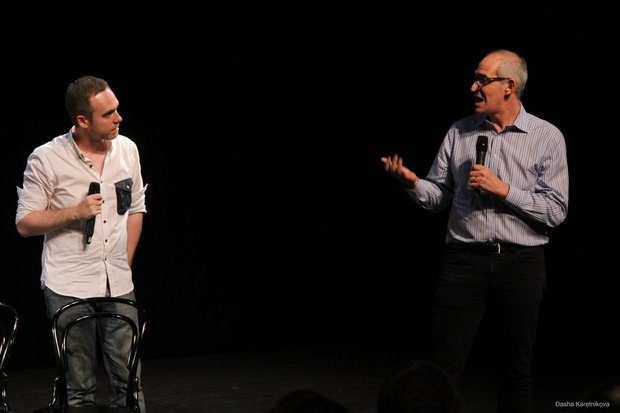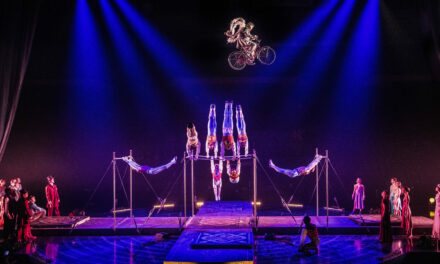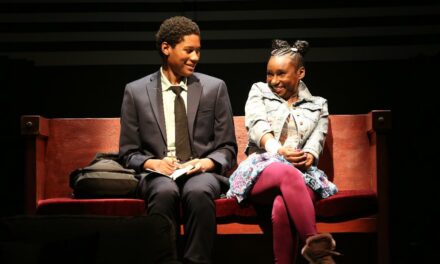SASHA SHAROVA: To start off, I think it can be difficult to separate the politics from the people and culture of Russia, at least from an American perspective. There have been decades of conflict and propaganda and those ideas have continued to linger in people’s minds.
EVGENY KAZACHKOV: Politics try hard to influence people and culture everywhere. And like elsewhere not everybody is really influenced. Some people have a kind of immunity to propaganda thanks to the Soviet era, and some just pretend to be influenced to feel that they’re not alone or to be left alone finally.
SS: I remember when I was a kid and had immigrated to the states, my peers would always ask me if I was a Russian spy and if my dad worked for the KGB. I was never sure if they were joking or if they were serious about it. I’m wondering if you’ve had similar experiences to that.
EK: Nope, never. I started visiting the U.S. in 2010. The situation in Russia and between our countries had changed since then, nevertheless, I have heard a joke like that.
SS: So, having an artistic exchange which demonstrates new views of the Russian people, coming directly from the minds and voices of those people is so valuable and important. I like to think of it as opening new windows in a house that’s been shut for years.
EK: It feels more like it’s been open and started to shut not long ago…
SS: I don’t think we get to hear about everything that’s happening in Russia and its people here in the states, and because of that, building a dialogue between the people of Russia and the US can be difficult. And hopefully, this festival can work towards building that dialogue.
EK: The whole idea of this exchange is to “keep the handshake alive.” There are some things in society, culture, art, theater, and just in everyday people’s lives in other countries that we can’t learn about from mass media, TV, movies, news, and social networks. Sometimes the only way to know each other and share something is to meet in person. My dream is to make this reciprocal trickle more intensive and turn it into a wide, two-way stream.
SS: I haven’t participated in this exchange before so I’d be really interested in what you’ve observed as this exchange has continued. As well as any other thoughts on the importance of having this exchange right now.
EK: Thanks to this ongoing program I personally realized what the words “cultural exchange” mean. It’s about learning the differences and similarities between countries, and communities within them, but more important is discovering your own culture deeply rooted in you with all its weaknesses and strengths. I had some amazing discoveries and epiphanies. I guess other participants had similar experiences at some point.
SS: I’m really interested in what you said about some people having immunity to propaganda because of the Soviet Era. Could you elaborate on that a bit?
EK: In the late years of Soviet Union – 1968-1985 – it was becoming more and more obvious that the authorities at the top did not believe in the content of their own propaganda, and ideology served only as a tool of power. So if I feel they don’t really mean it why should I believe it and give in to it?
SS: And I really responded to what you said about cultural exchange being about learning about the similarities and differences between countries and through that, discovering more about your culture. I feel that we often see the American and Russian cultures being contrasted, but what would you say are some similarities?
EK: Multiethnic people with various languages and traditions trying to live together, sense of a great space, feeling that you live in a huge country responsible for more than just itself, cultural contrast between big cities and countryside. Inner will to be the owner of your life and be a part of your community (which has been being oppressed for centuries in Russia, but it’s still there).
This post was written by the author in their personal capacity.The opinions expressed in this article are the author’s own and do not reflect the view of The Theatre Times, their staff or collaborators.
This post was written by Evgeny Kazachkov and Sasha Sharova.
The views expressed here belong to the author and do not necessarily reflect our views and opinions.


















